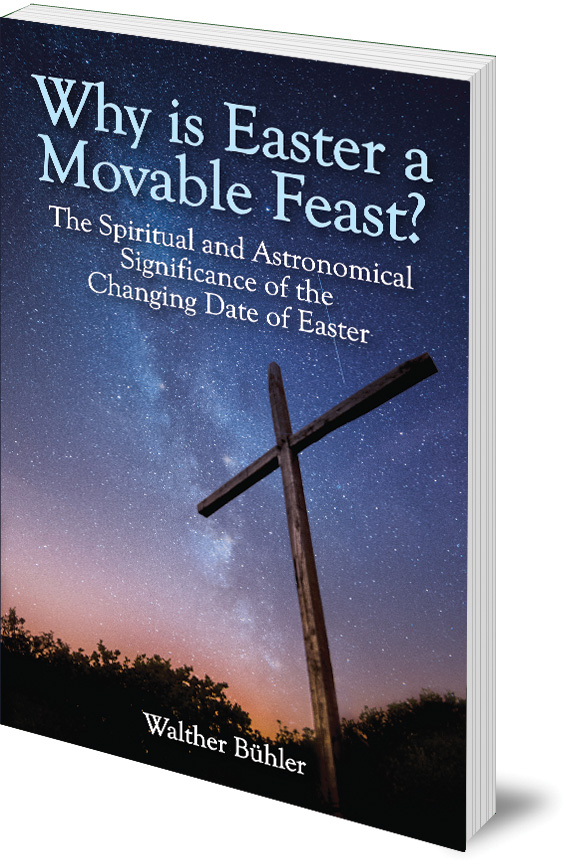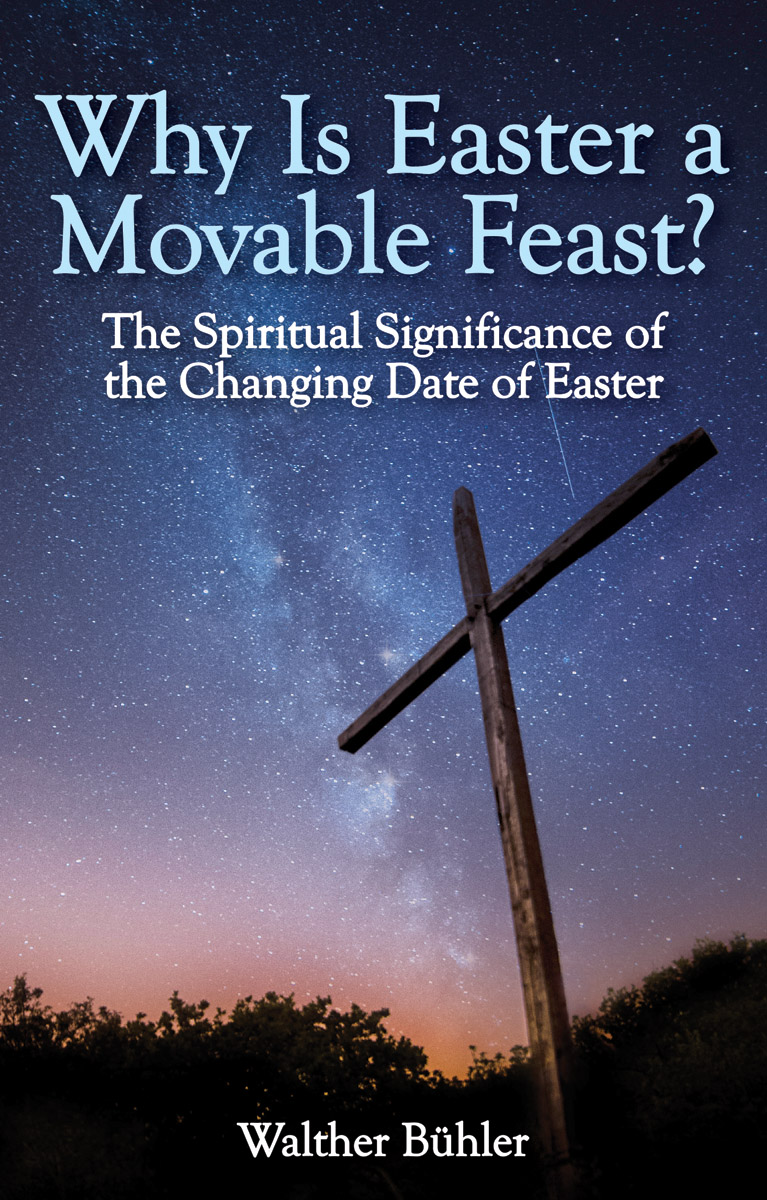Guest Blog: Why is Easter a Movable Feast?
by Floris Books • 28 February 2017 • Astronomy, Philosophy of the Natural World, Religion, The Christian Community • 0 Comments
As golden daffodils bloom on laneside verges and hot cross buns fill the bakeries and supermarket aisles it’s clear that Easter is just round the corner. Yet each year Easter arrives unexpectedly and at different times.
Critics argue that the date of Easter ought to be fixed and this issue is the cause of much current debate throughout the Christian world. Walther Bühler’s book Why is Easter a Movable Feast? explores the spiritual significance of the changing date of Easter and argues in favour of retaining Easter as a movable feast. In today’s guest blog post the author of the Foreword to Bühler’s book, Rev Peter van Breda, offers his views on the changing date of Easter.
…
The date of Easter is determined by the Full Moon following the spring equinox. The Sunday following this is Easter Sunday. This means that the date of Easter (and the Christian festivals related to Easter, like Palm Sunday, Ascension and Pentecost) can vary by 35 days. From a mundane and practical point of view this creates difficulties, for instance because it causes the dates of academic terms and school holidays to vary each year.
In 2015 Pope Francis indicated that the Roman Catholic Church had come to an agreement for a common fixed date of Easter with the Orthodox and Coptic churches, and in 2016 Justin Welby, Archbishop of Canterbury announced that the Anglican Communion had joined discussions. Welby even suggested that the date of Easter would become fixed ‘within the next five to ten years’.
Since the days of the early Christian church there have been controversies and disputes about the calculation of the correct date of Easter, leading to schisms in the church – most notably between the western churches using the Gregorian calendar, which keeps the spring equinox close to March 21, and the eastern orthodox churches using the Julian calendar, which is now 13 days behind.
Since the 1920s there have been various proposals to determine the date of Easter. Some tried to find common ground between the western and eastern churches; others attempted to fix the date of Easter to a certain Sunday in the first half of April to avoid the date varying so considerably from year to year. Some even went so far as to want a complete calendar reform to permanently fix the dates to the days of the week, which would involve missing one day-of-the week every year (and two in a leap year).
Walther Bühler not only gives a detailed history of how this method was eventually arrived at but, much more importantly, shows the purpose and underlying meaning behind this method. If Easter is more than merely a historical remembrance of the date of the resurrection of Christ, it is important to understand the connection between the Christian festival and the cosmic relationships of Sun, Moon and Earth.
Many priests of The Christian Community feel that retaining the moveable date of Easter and an understanding of its cosmic aspects are important. Fixing the festival to a particular day would be to ignore the rhythm and meaning of the planetary spheres and their subtle influence on life on the earth.
This book is therefore very welcome as part of this important, ongoing discussion.
Rev Peter van Breda is a Priest of The Christian Community, London
 Why is Easter a Movable Feast? is available to buy at £7.99 from Floris Books.
Why is Easter a Movable Feast? is available to buy at £7.99 from Floris Books.
